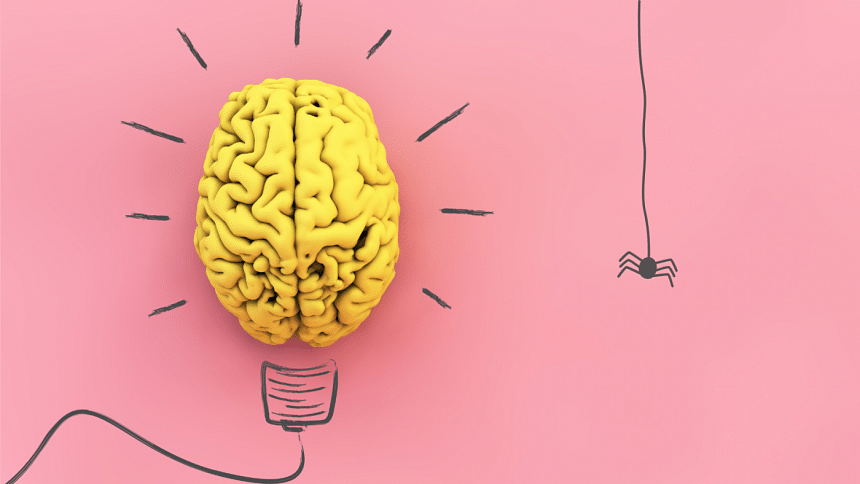How phones change our brains

For years, naysayers have been talking about how devices drain the brain, depleting energy, and reducing its ability to retain information. While no one discounts the science behind it, studies have found that there are both upsides and downsides to device dependency.
Volunteers taking part in a study were shown a screen with numbered circles that they would have to drag from side to side. The higher the number on the circle, the more the volunteers got paid for dragging it to the correct side. For half of these tests, volunteers could note down which circles would go which way but for the other half, they were expected to rely solely on memory. Surprisingly, this found that the cues helped the volunteers remember not only the numbers they had noted, but also the ones they had not. Relying on the device for the higher valued circles had actually freed up memory in the brain to store lower valued information! This did have a downside however — once the cues stopped, volunteers gradually forgot the higher valued numbers retained with aid, even if the information retained by the brain independently was sustained.
More recent research, in a book called the Expectation Effect, found that exercising willpower for one purpose can "deplete" our reserves of resolve for other purposes. Constantly trying to avoid distractions by inhibiting our desire to check our devices can, therefore, make doing anything else quite difficult. While scientists may still need decades of research to figure out the effects of mobile dependency on our willpower and long-term cognition, how we think about our brains can already help us reduce its supposed ill-effects.
This means that our beliefs can, up to an extent, influence brain function. Believing that our brains have limited abilities can inhibit the ability of the brain, limiting its capacity for self-control. Individuals who regularly undermined the brain exhibited more instances where they felt incapable to show staunch resolve in different situations. On the other hand, having confidence that a successful act of self-control in one instance refines the brain's ability to keep resisting temptations in other instances, can actually grow willpower. It was seen that individuals with this mindset did not let existing mental fatigue deter them from exhibiting steadfast resistance in newer circumstances.
A cultural aspect was also observed in the course of this research. It was found that people in countries belonging to the Western world, such as USA, are less likely to show confidence in the abilities of their brains, while those in Asian countries such as India are far more likely to give their brains due credit.
The research in no way underplays the cons of device dependence, and actively disengaging beyond a certain time is undoubtedly recommended. However, it does boost confidence in the fact that the brain is more powerful than it seems and each time we successfully resist the temptation to check our phones, we lay down new neural pathways that make it progressively easier to display the same determination in future.

 For all latest news, follow The Daily Star's Google News channel.
For all latest news, follow The Daily Star's Google News channel. 








Comments